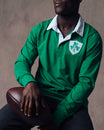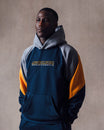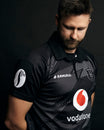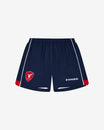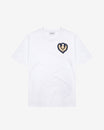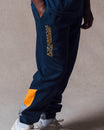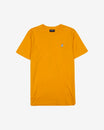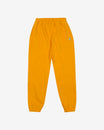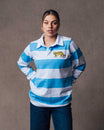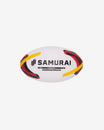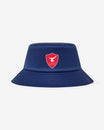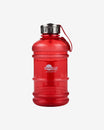Concussions are always a big talking point in the world of sport and as a result, sports bodies are doing what they can to limit them through various avenues. But which sports suffer the biggest number of concussions? Is it simply the sports that have high impact tackles and are very physical, or do concussions occur in other sports too? And what are the signs and symptoms of a concussion to look out for?
Our infographic, below, on this issue guides you through a number of areas relating to concussion.
Many believe that to have a concussion you need to be knocked unconscious, but this is not the case. Symptoms can be as little as mild dizziness (should there be a second, different symptom here?) or even just feeling a little dizzy, so it’s important to know what to look out for, especially if you are a parent with a child involved in sports.
If you or someone you know has suffered a concussion, it’s essential that recovery is done right. For many years doctors just sent people with concussions straight to bed and they were told to stay there until they felt better, but this is now outdated. There’s far more to recovery and we’ve got it outlined below. This step by step guide doesn’t just involve becoming gradually more active, we also have nutrition and sleeping tips too.
The graphic concludes with some concussion myths. See how many you’ve heard of before and find out the real truth. It could save you from a nasty headache in the future!
*Disclaimer: If you believe you or anyone you know are suffering from, or has suffered from, a concussion then please consult a medical professional.





